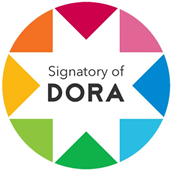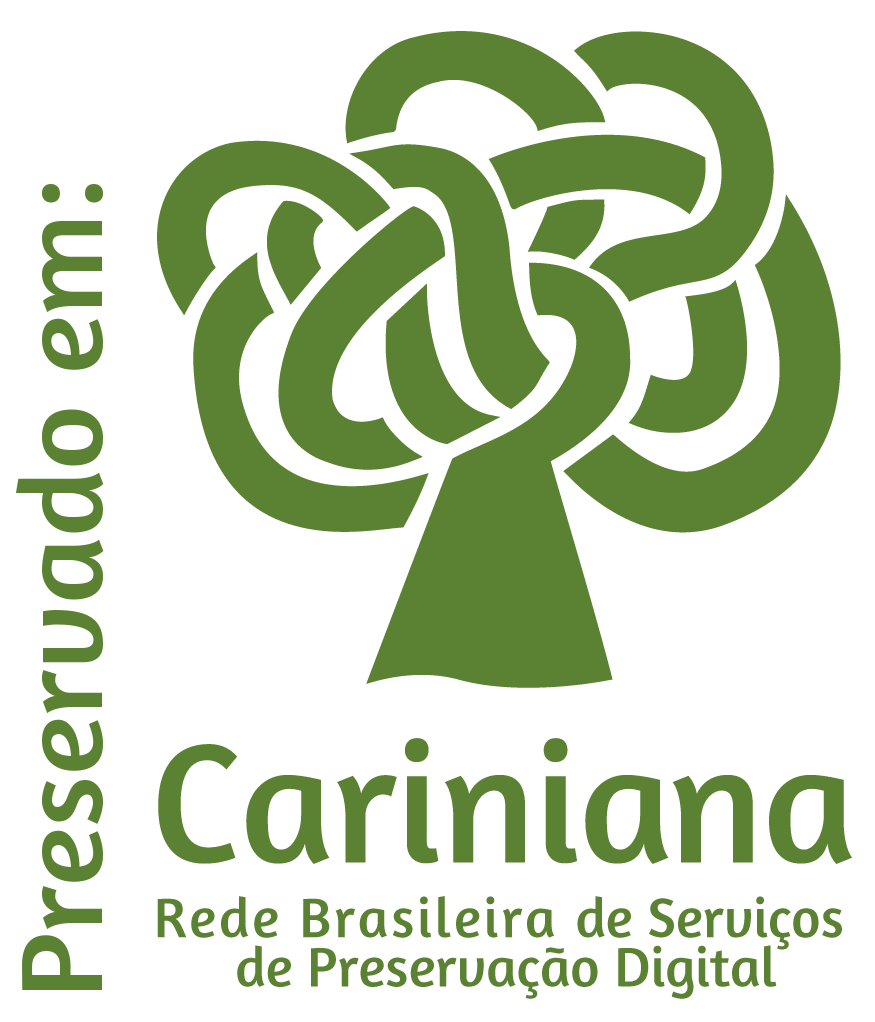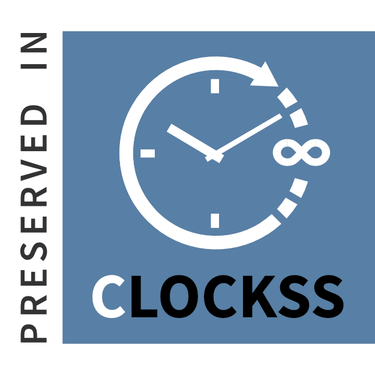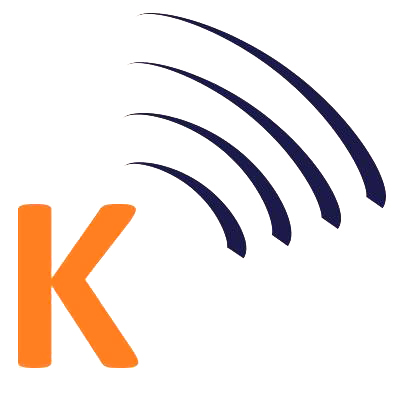Curriculum sizing of STS approach in teaching science in basic education
DOI:
https://doi.org/10.31417/educitec.v6i.981Keywords:
Curriculum, Teaching Science, Science and Technology, Basic EducationAbstract
With the fast evolution of Science-Technology, there is the need of constant innovation, also, the teaching way, as in different methodology as with a wider look at new possibilities of curricular settings. In this perspective, the current work presents a bibliographic review of qualitative imprint, which has as analysis some corpus repository theses and dissertations of the Brazilian Institute of Information in Science and Technology. We investigate: how do bias curriculum STS is being approached in teaching Science in Basic Education? Moreover, from these, in which way do the knowledge about scientific-technology matter contribute to student’s critical knowledge? Our objective is to identify the focus given to bias curriculum STS in teaching Science, reflecting about different ways of teaching and its results, and, from this understand how this curriculum is approached and in which way it seeks to awaken it to student’s critical look. Methodologically, we used Discursive Textual Analysis that is structured in three steps: unitization, categorization and communication. From the analysis, we presented the results in two steps: a) curriculum focusing on STS in teaching Science and; b) student’s critical thinking alongside STS educational purposes. Contributing to a bigger articulation and elucidation so there is bigger critical problematization regarding curriculum, in order to produce curricular settings aiming STS relationship understanding in Basic Education, a curricular reorganization that runs through STS focus objectives.
Downloads
Metrics
References
AULER, Décio. Enfoque Ciência-Tecnologia-Sociedade: Pressupostos para o contexto brasileiro. Ciência e Ensino, v.1, n. especial, p. 1-20, 2007.
AULER, Décio. DALMOLIN, Antonio Marcos Teixeira. FENALTI, Veridiana dos Santos. Abordagem Temática: natureza dos temas em Freire e no enfoque CTS. Alexandria, Florianópolis, Santa Catarina, v. 2, n. 1, p.67-84, 2009.
FREIRE, Paulo. Pedagogia do Oprimido. 48ª Ed. Rio de Janeiro - RJ: Paz e Terra, 2005.
FREIRE, Paulo. Pedagogia da Esperança: Um Reencontro com a Pedagogia do Oprimido. Rio de Janeiro: Paz e Terra, 1992.
MOZENA, Erika Regina. OSTERMANN, Fernanda. Uma revisão bibliográfica sobre a interdisciplinaridade no ensino das ciências da natureza. Ensaio, Belo Horizonte, v. 16, n. 02, p.185-206, 2014.
MORAES, Roque. Uma tempestade de luz: a compreensão possibilitada pela análise textual discursiva. Ciência & Educação, Bauru, v.9, n.2, p.191-211, 2003.
MORAES, Roque. GALIAZZI, Maria do. Carmo. Análise Textual Discursiva de Múltiplas Faces. Ciência & Educação, v. 12, n. 1, 2006.
SACRISTÁN, J. Gimeno. O currículo: uma reflexão sobre a prática. 3. Ed. Porto Alegre: Artmed, 2000.
SANTOS, Rosemar Ayres dos. A não neutralidade na perspectiva educacional ciência-tecnologia-sociedade. Dissertação (Mestrado) - Curso de Pós-Graduação em Educação, Universidade Federal de Santa Maria, Santa Maria, 2012.
SANTOS, Rosemar Ayres dos. Busca de uma participação social para além da avaliação de impactos da ciência-tecnologia na sociedade: sinalizações de práticas educativas CTS. Tese (Doutorado) - Curso de Programa de Pós-graduação em Educação, Universidade Federal de Santa Maria, Santa Maria, Rs, 2016.
Downloads
Published
How to Cite
Issue
Section
License
This work is licensed under a Creative Commons Attribution 4.0 International License
This license allows others to share, copy, redistribute material in any medium or format, adapt, remix, transform and develop the material based on their work, even if commercially, giving due credit and providing a link to the license.
The published articles are the property and full responsibility of their authors, who may have them for later publication, always including the original edition, and EDUCITEC Magazine does not have any legal responsibility for its content.
Accepted 2020-04-24
Published 2020-06-08

















